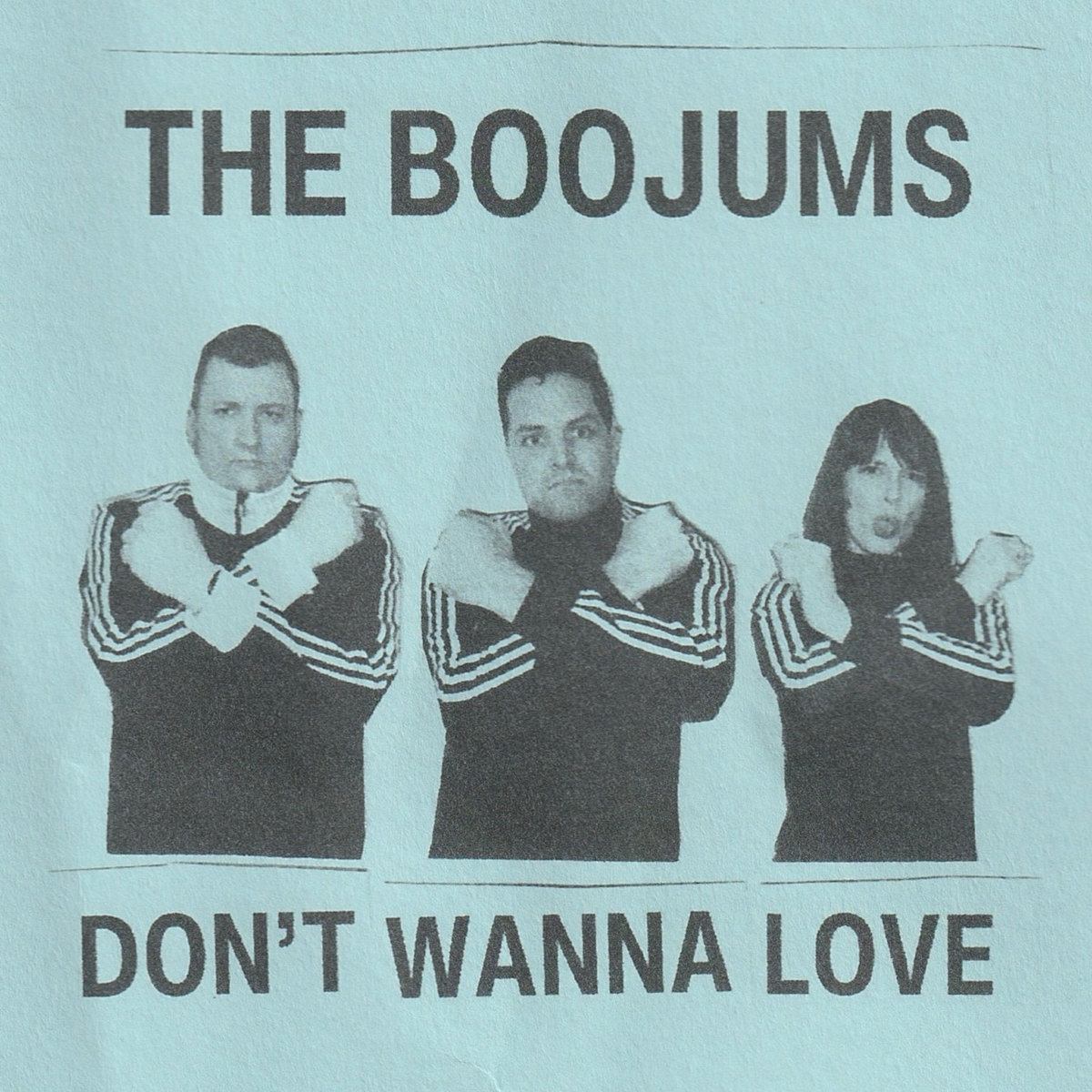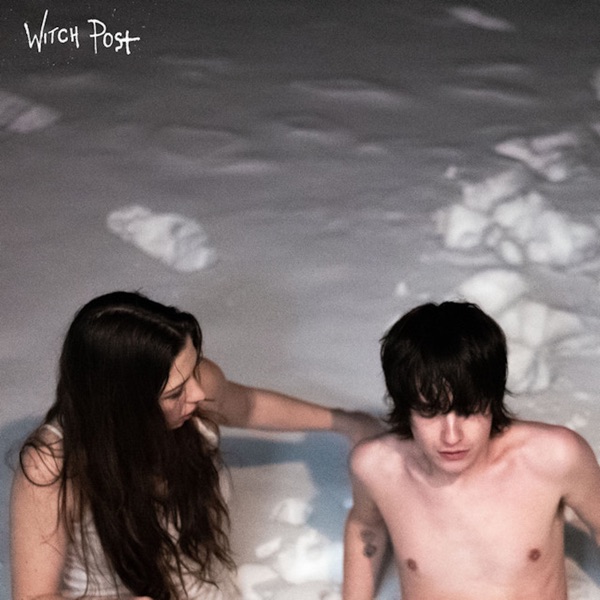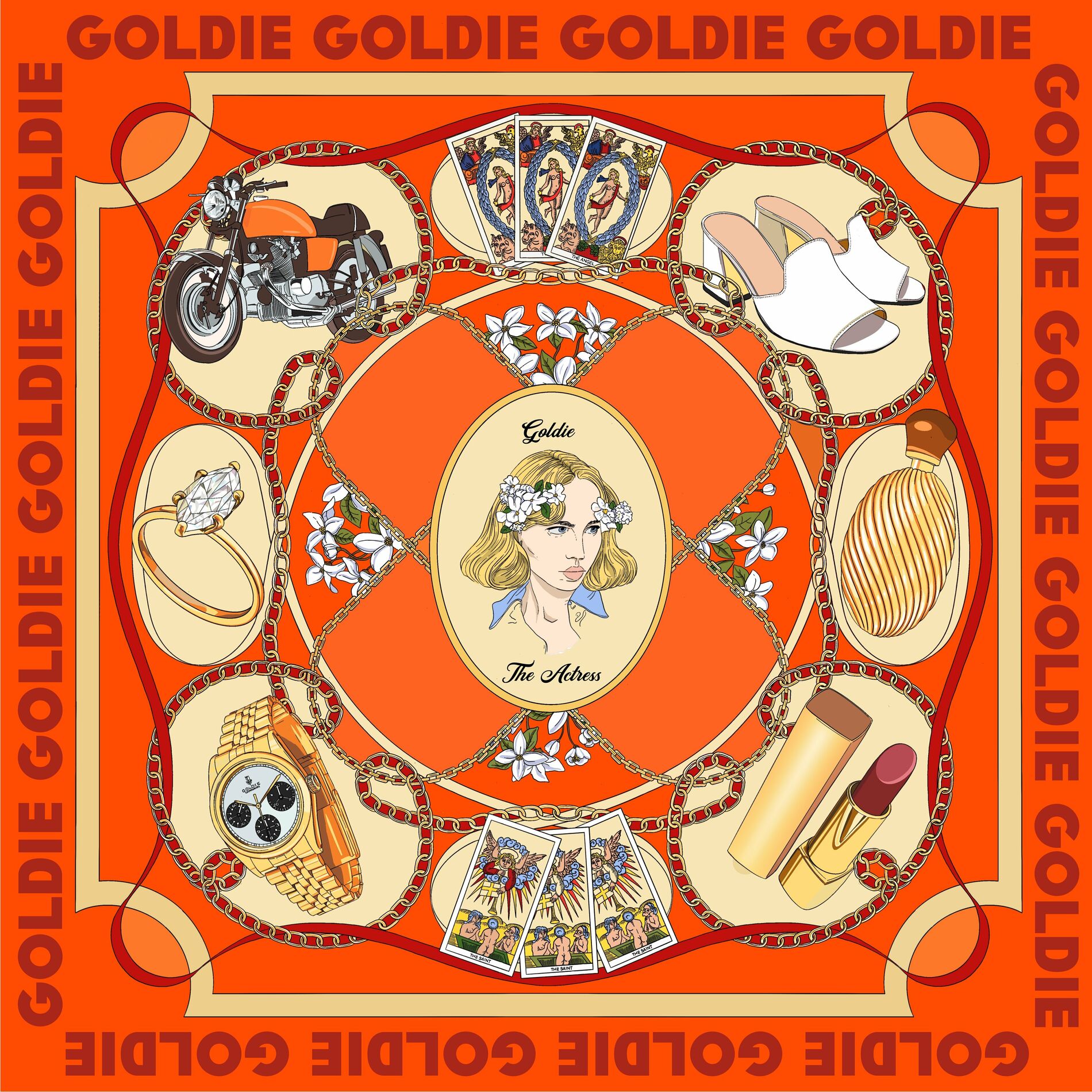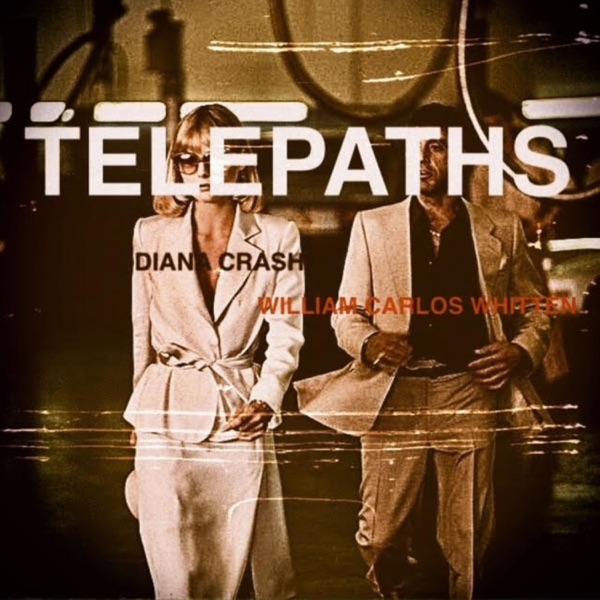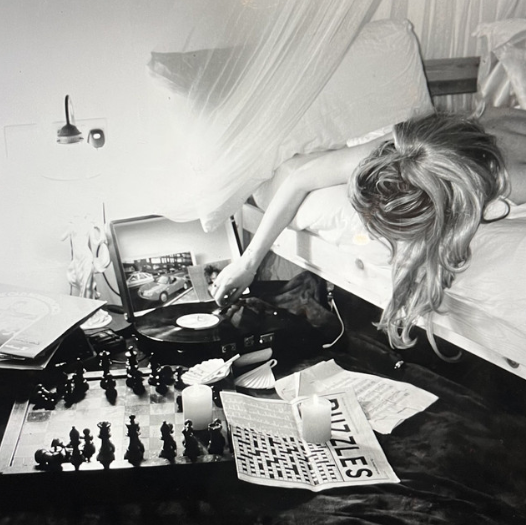I’m not sure where I first heard Julia-Sophie‘s music – my browser history tells me I Googled her name back in early June, so I suspect I’d seen some coverage of the lead single from forgive too slow, titled “Numb”:
I do remember thinking that as much as I liked that song, I needed to wait for the album to write about it. I’d just heard the new record from Kee Avil and the EP from Emma Philene, and this sounded like it was in the same sandbox. Intensely personal lyrics, dark electronic sounds, and the sense that there’s a lot going on in this artist’s mind.
Glad I waited. Julia-Sophie’s debut LP forgive too slow was released on Friday, and holy shit, is it good. It’s immersive and stunning stuff, as intense as any record I’ve heard this year. At various points, the record is despondent, cathartic, hopeful, confessional, and uncomfortably personal. It’s never conventional or predictable. You should stop reading and just hit play:
Still want to read about it? OK:
Julia-Sophie has been making music for a long time, first as a member of a band called Little Fish that never crossed my radar, and now as a solo artist, in a couple of different incarnations. She’s released a few EPs and forgive too slow is her first full-length.
Her story seems similar to that of Elizabeth M. Drummond — success and fame came early and fast, and the band crashed and burned (Drummond’s band was called Little May, which is an interesting coincidence). Several years later, she re-emerges as a solo artist with a new sound and confident, fearless songwriting. Fearless.
This record has a few strong themes including failed relationships, dishonesty, self-destruction, and disenchantment. What sets it apart is the lyrics and delivery. Songs like “Numb” use spoken-word delivery to deliver ultra-confessional lyrics, with production reminiscent of the theme from Run Lola Run, before devolving into a glitchy mess that reflects the confusion and uncertainty in the lyrics.
It’s contrasted by the follow-up, the slow-build, hypnotic intensity of “falling”, and the incredibly dense production of “comfort you”. These songs often have novel structures — while there are hooks and choruses, they feel more like sequential diary entries than distinct songs. It’s all synergy, every song benefits from the songs that surround it. As with the Kee Avil album, and Martha Skye Murphy’s Um, there are songs that could work as a single, but they would lose something by being out of context.
The album centrepiece for me is “just us”. It’s an intimate, stripped-down production that builds from a heartbeat-style bass beat and hushed, nearly whispered vocal to a complicated, noisy climax before collapsing in on itself:
The closing track might be the strongest candidate for a standalone single on the album. It has a strong ’80s synthpop sound (and a very ’80s reference to a Walkman) and a long crescendo that ends with catharsis that contrasts the fading hope in the lyrics. It’s just gorgeous, and the video is a simple, perfect, heartbreaking, one-shot:
Her older EPs are also excellent, though they feel more like collections of songs than a single unified piece. If you like what you’ve heard above, they’re worth your time, and if you listen to them in sequential order (Y?, </3, it feels like thunder), you can hear Julia-Shophie’s sound getting more complex and adventurous as time goes on. forgive too slow is an incredible achievement.

